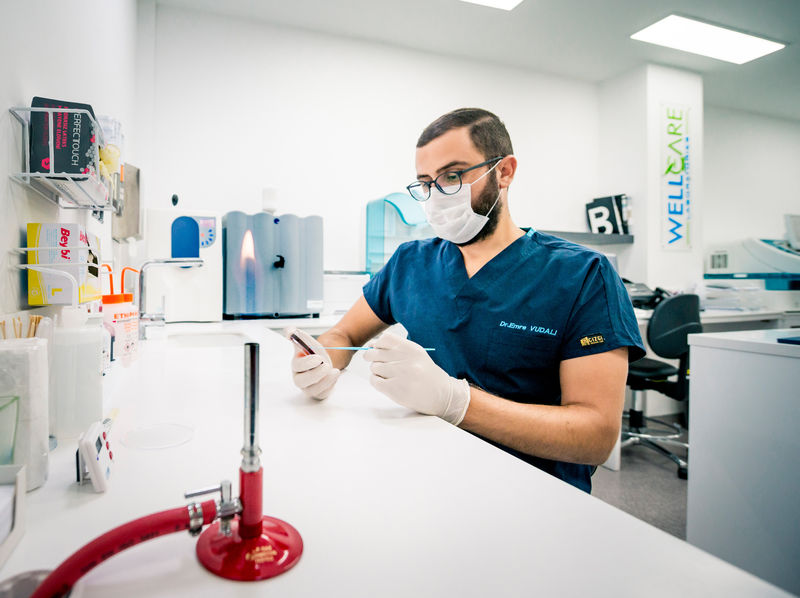Do You Pay Attention To The Presence Of A Clinical Microbiology Doctor When Choosing Your Laboratory ?

Microbiology is a branch of science that studies small living things called microorganisms, many of which can only be seen under a microscope. Many of these microorganisms cause diseases in humans. At the beginning of these; bacteria, viruses, fungi and parasites. In the Microbiology Laboratory, which is a unit of the Medical Port Tunççevik Clinical Laboratory, these microorganisms can be examined and the diseases that occur in people can be determined.
Diseases caused by these tiny creatures that we cannot see with the naked eye are generally called Infectious Diseases (Infectious Diseases). Tens of thousands of different microorganisms appear as disease agents.
In this unit, direct and indirect tests related to infectious microorganisms are carried out. In the laboratory, guiding tests are carried out in the diagnosis, treatment and follow-up of infectious diseases in the blood and all kinds of body fluids, tissue samples, urine and feces and various other samples of the patients. As sub-units, there are bacteriology, virology, mycology, parasitology and serology departments.
Bacteriology; It is to obtain and identify bacteria that infect humans and to determine their antibiotic susceptibility. (Typhoid fever, cholera, bacteria causing throat infections, etc.)
Virology: Diagnostic tests of viruses that cause disease in humans (HPV, Hepatitis etc.)
Mycology; Obtaining, identifying and testing susceptibility to antifungals (fungicides) of fungi that cause disease in humans.
Parasitology; Parasite and parasite egg research in stool, urine and some other body fluids.
Serology: Antibody-based diagnosis method in infectious diseases
The main tests studied in the microbiology laboratory are: Culture tests, bacteria identification tests, antibiotic and antifungal susceptibility tests, antibiotic resistance studies, direct microscopic examinations, stained preparation examinations, stool parasite egg search, antigen screening tests, antibody tests (serological tests). tests
When it comes to microbiology laboratory, the first thing that comes to mind among these tests is culture, bacterial identification and antibiotic susceptibility tests. These tests are performed in our laboratory using international standards (API, biomerieux). With this system, bacteria are defined at a more advanced level than with classical methods, and information about resistance mechanisms that cannot be revealed is also obtained. This makes very important contributions to the treatment of infections. In particular, this information is very important in order to cope with infections caused by multi-resistant bacteria that cause nosocomial infections.